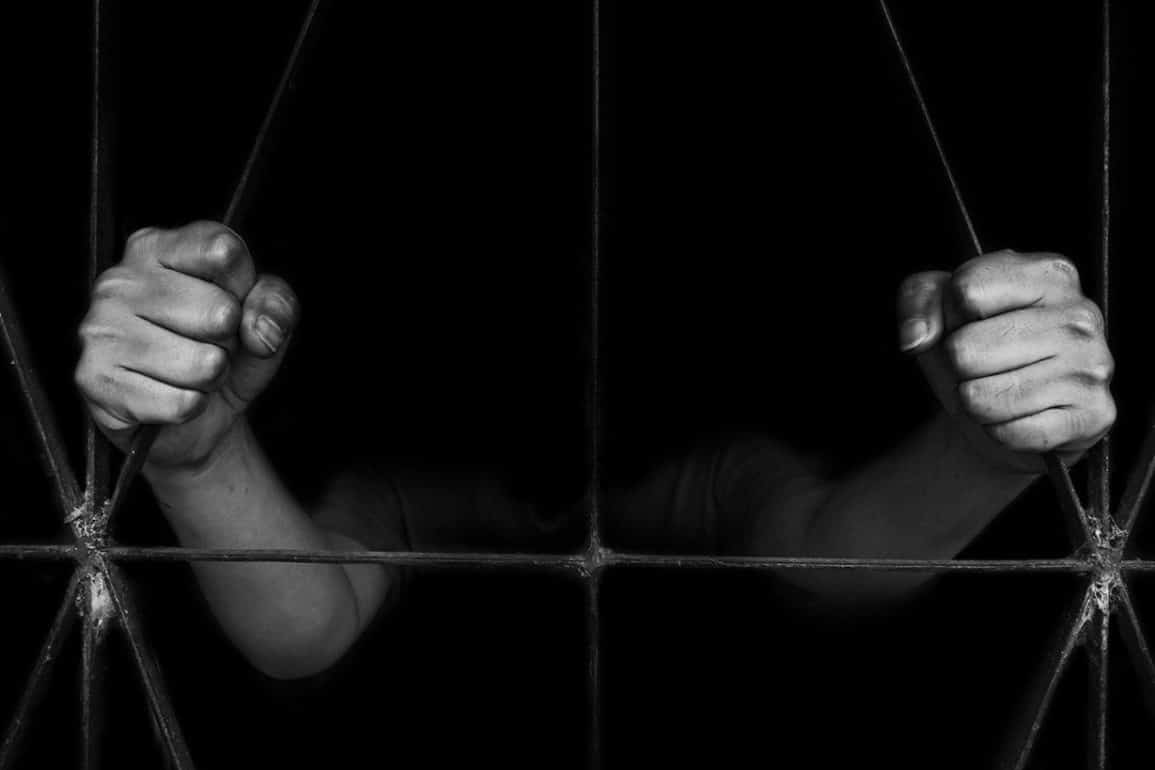Pope Francis responded to Italian novelist Maurizio Maggiani, who a few days ago wrote an open letter to the Pontiff in the Genoese newspaper Secolo XIX, confessing his “shame” on learning that his books are printed at the expense of the slave exploitation of immigrants. The Holy Father calls to give up the “advantages” stemming from this kind of death mechanisms.”
“Vatican News” explained that the Pope’s letter, signed on August 9, 2021, feast of Edith Stein, Co-Patroness of Europe, was published in response to Maggiani’s, which appeared in the newspaper on August 1, in which he expressed the pain he felt on learning that the production of his novels passed also through a company and sub-contracted factory accused of exploiting criminally the work of Pakistanis.
Ashamed of Himself
Maggiani, who says he is a non-believer, said the following: “The stories I like to tell and that I feel the duty to tell are the stories of the silent, of the last of the humble,” but the indifference of his colleagues to his “why?,” as “if it were an idle question,” drove him to address his letter to “His Holiness, because for all my search, I don’t see any other moral authority who, in addition to having a strong voice, is prepared to listen, to ask before judging.”
“I felt ashamed of myself, being so careful to keep my hands clean and not use suspect products of slave exploitation, and yet . . . “ admitted the writer.
“I never reflected on the evidence that my work as a novelist, which is so noble, is “part of a chain of the production systems, which we call modestly supply chain, no different from any other and, therefore, susceptible to the same aberrations,” he lamented.
See the Invisible
“Vatican News” pointed out how the Bishop of Rome responded to the writer by distilling one of the key thoughts of his teaching: “You don’t ask an idle question, because what is at stake is the dignity of people, that dignity that today is trampled too frequently and easily with ‘slave labor,’ with the complicit and deafening silence of many.”
“We saw it during the lockdown when many of us discovered that behind the food that continued to come to our tables there were hundreds of thousands of workers without rights: invisible and the last — although really the first! — links of a chain that, to provide food, deprived many of the bread that comes from a decent job,” he adds.
However, in reality, continues the Successor of Peter, to associate this type of infamy with literature “is perhaps more shocking if what the Pope calls the “bread of souls, expression that elevates the human spirit,” is “wounded by the voracity of an exploitation that acts in the shadow, erasing faces and names.”
So if something is published that is based on an injustice it is ”in itself unjust” and “for a Christian, any form of exploitation is a sin,” he stresses.
Work to Be Done
The solution, however, does not lie in giving up. “To give up beauty would be in turn an unjust retreat, an omission of good,” says Pope Francis, who suggests a reaction based on two verbs. The first is to “denounce” the “death mechanisms,” the “structures of sin,” even to writing “uncomfortable things to take us out of indifference, to stimulate consciences, troubling them so that they are not anesthetized by that ‘I’m not interested; it’s none of my business, what can I do if the world is like this?’”
The second verb is to “renounce.” On thanking Maggiani for writing what he wrote without calculating the “yields of the image,” the Holy Father says that in addition to the courage to denounce, the courage to renounce is necessary. Not to renounce “literature and culture but the habits and advantages that, due to perverse mechanisms of exploitation, we discover today — where everything is connected — harm the dignity of our brothers and sisters.”
“It’s a powerful sign to renounce positions and comforts to make room for those that don’t have it”; to be able to “say no, for a greater yes,” to engage in “conscientious objection to promote human dignity,” he stresses.
Culture, Voice of the Humiliated, Not of the Market
The Pontiff reiterates that he loves Dostoevsky “not only for his profound reading of the human soul and his religious sense, but because he chose to tell poor, ‘humiliated and offended’ lives.’”
It’s a consideration that arouses a call: in face of the many humiliated and offended of today, without practically anyone making them “protagonists, while money and interests command,” “culture must not let itself by subjugated by the market,” he warns.
Translation by Virginia M. Forrester










